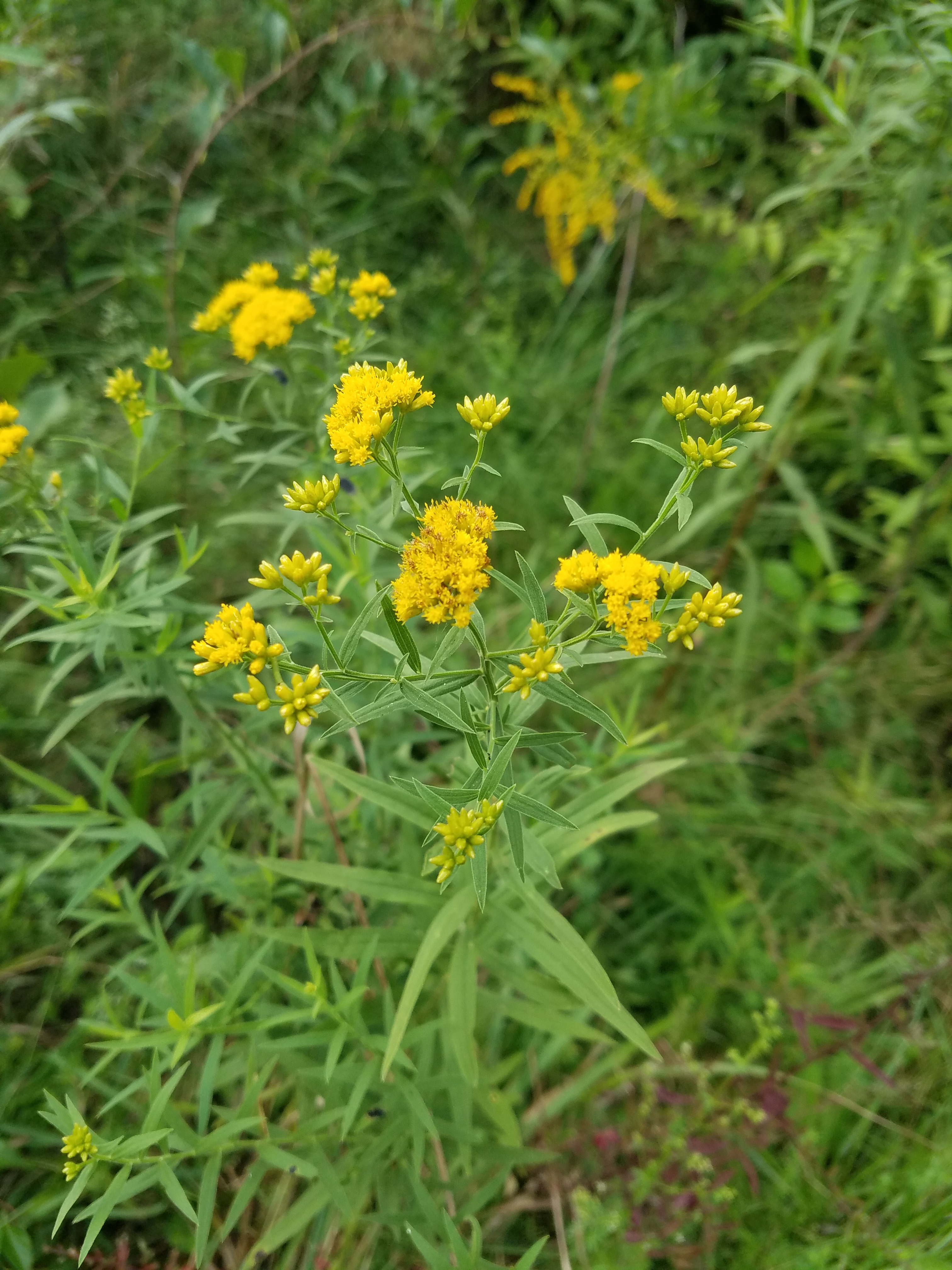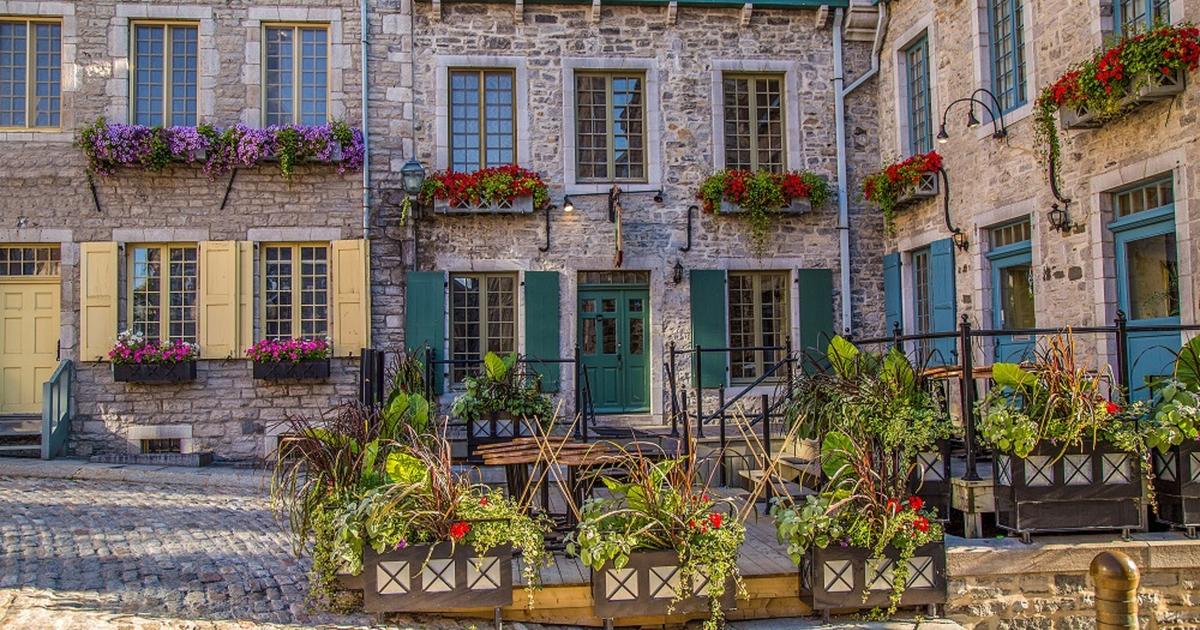Lawn grass and lawns are 'not very ecological' and 'unnatural' green. Just think of the consumption of water and the use of chemical fertilizers to care for such gardens (even by killing insects that live in them). To truly respect the landscape it would be good to marry the new dictates of
ungardening
, that is, the care of greenery in a totally ecological way.
- Read also
The words of the green, the terms to know if you love the Earth
No pesticides, no fungicides and no exotic plants or genetically modified grass.
Only native plants
, native essences and the use of soil, natural fertilizers and (for those who can) small ponds:
a hymn to the spontaneous growth of greenery
inviting for insects, invertebrates, bees, butterflies and fauna (squirrels, birds, fish, frogs).
The Anglo-Saxon trend is catching on throughout Europe and is timidly peeping out in Italy as well. After the gardens on the balconies, is gardening facing a new turning point? “Gardening aims to
restore native ecosystems,
even by modifying our spaces one meter at a time, from gardens to balconies, from windowsills to courtyards from schools and offices. We go beyond planting for pollinators and strive to achieve this by
growing native plants
wherever and as much as possible, while removing invasive species that suffocate the natives and do not even allow insects to live. P.
we can build a solid foundation on which nature can rebuild functional and complex ecosystems
", explain the experts of Ungardening Native Plant (ungardening.org), an organization founded in 2018 in Durham, United States, by Aubree Keurajian, specializing in environmental science at Cornell University.
"Trying to
make your garden more suitable for birds, insects and fauna makes us live in harmony with nature,
" explains Keurajian. Replacing classic gardening with alternative gardening techniques, compatible with the environment, would mean transforming the own courtyard in an earthly paradise. In fact, the meaning is precisely that of
accompanying nature to do its job to create protected spontaneous areas
which, in a short time, will be populated by animals.
(in the photo Euthamia graminifolia)
Guru of
gardening
is English
Jenny Steel
(www.wildlife-gardening.co.uk), ecologist and specialist in wildlife gardening for over 30 years, as well as author of books and seminars on the subject. For April he recommends encouraging solitary bees to stop in their garden with flowering plants and grow wildlife-friendly 'weeds' (insects, worms). Interviewed by the Guardian, she gave advice on the best way to transform an English garden into an
idyll for birds, mammals and insects
, warning us about the use of chemicals to have greener lawns and repeated blooms: "
Refuse pesticides and make work your wildlife for you. Organic gardening is incredibly important
. If you are using pesticides and sprays, you are essentially removing a great food source, especially for birds, as they feed on small invertebrates. "" Against snails, - remembers Steel in the British newspaper, - you can use a beer trap by pouring it into a small container on the ground where snails will enter. If aphids eat your roses, you can encourage insectivorous birds to come and enjoy them by hanging a bird feeder next to the roses. "The ungardening method also includes the creation of ponds and tubs of water for those who can. to drink and wash the feathers
A pond
it will also attract frogs and dragonflies, if you don't live in city centers. To be faithful to organic and wild gardening, of course, you cannot be repulsed by insects, which are essential for maintaining the ecosystem. On the contrary, it would be good to
create humid areas of earth
where scraps, earthworms and invertebrates can burrow. Finally, the lawn: gardening does not mean letting weeds and shrubs grow freely.
Nettles, for example, should be removed because they suffocate other plants. Other varieties, even if wild, guarantee the real attractive ecosystem for insects and animals.
To attract butterflies, ladybugs, bees
and moths all the experts agree instead: the best plants are the Buddleja (which, however, is invasive, it must therefore be managed) and the medicinal products such as
lavender, rosemary, oregano, thyme, verbena, yarrow, marjoram and mint
. In every region in Italy there are native plants to be discovered, just as the daisies, or daisies, are a splendor among the spontaneous ones in spring: eradicating them to make room for cultivated plants is a real shame.







